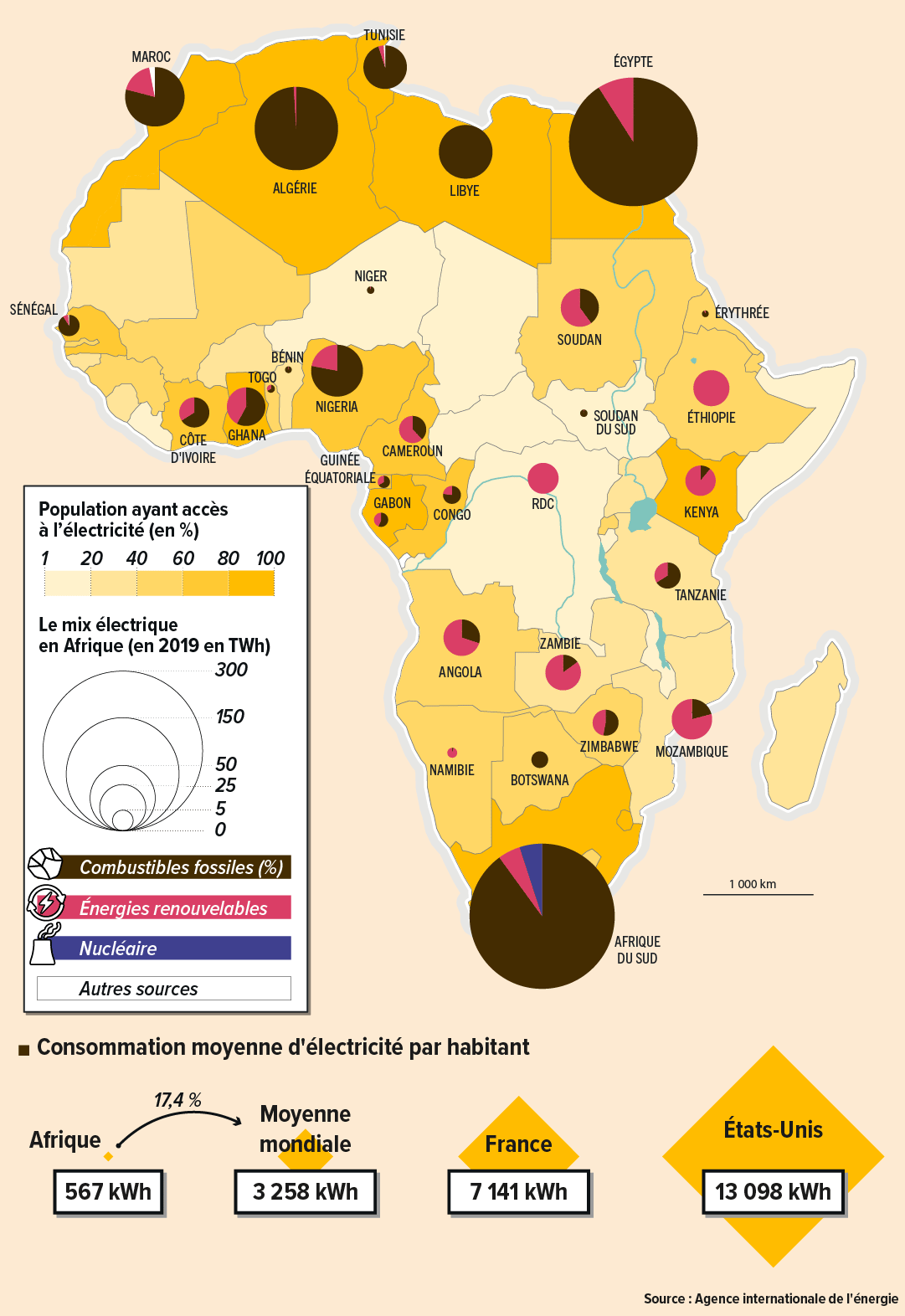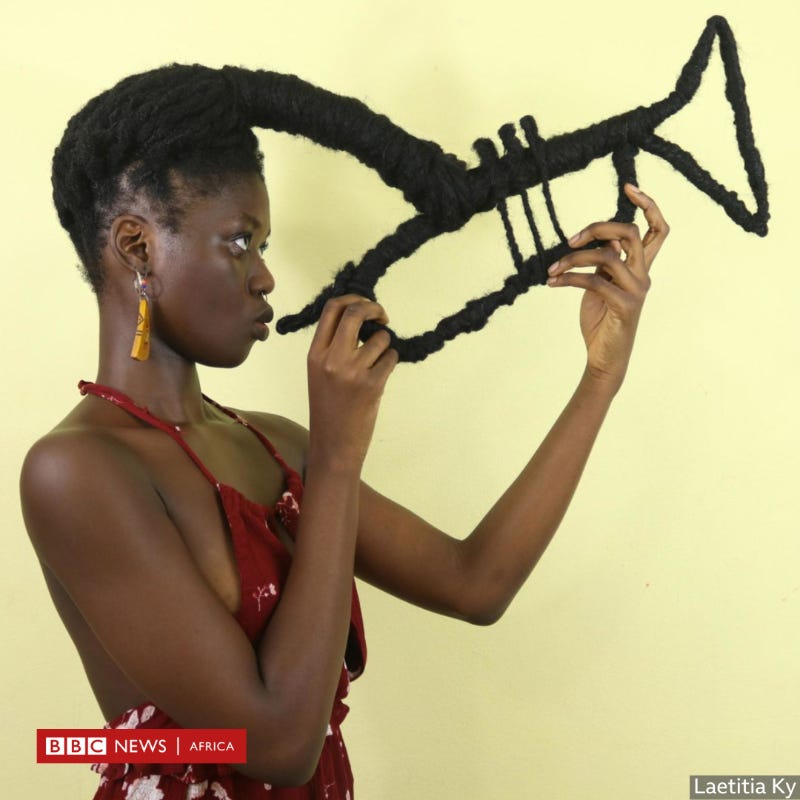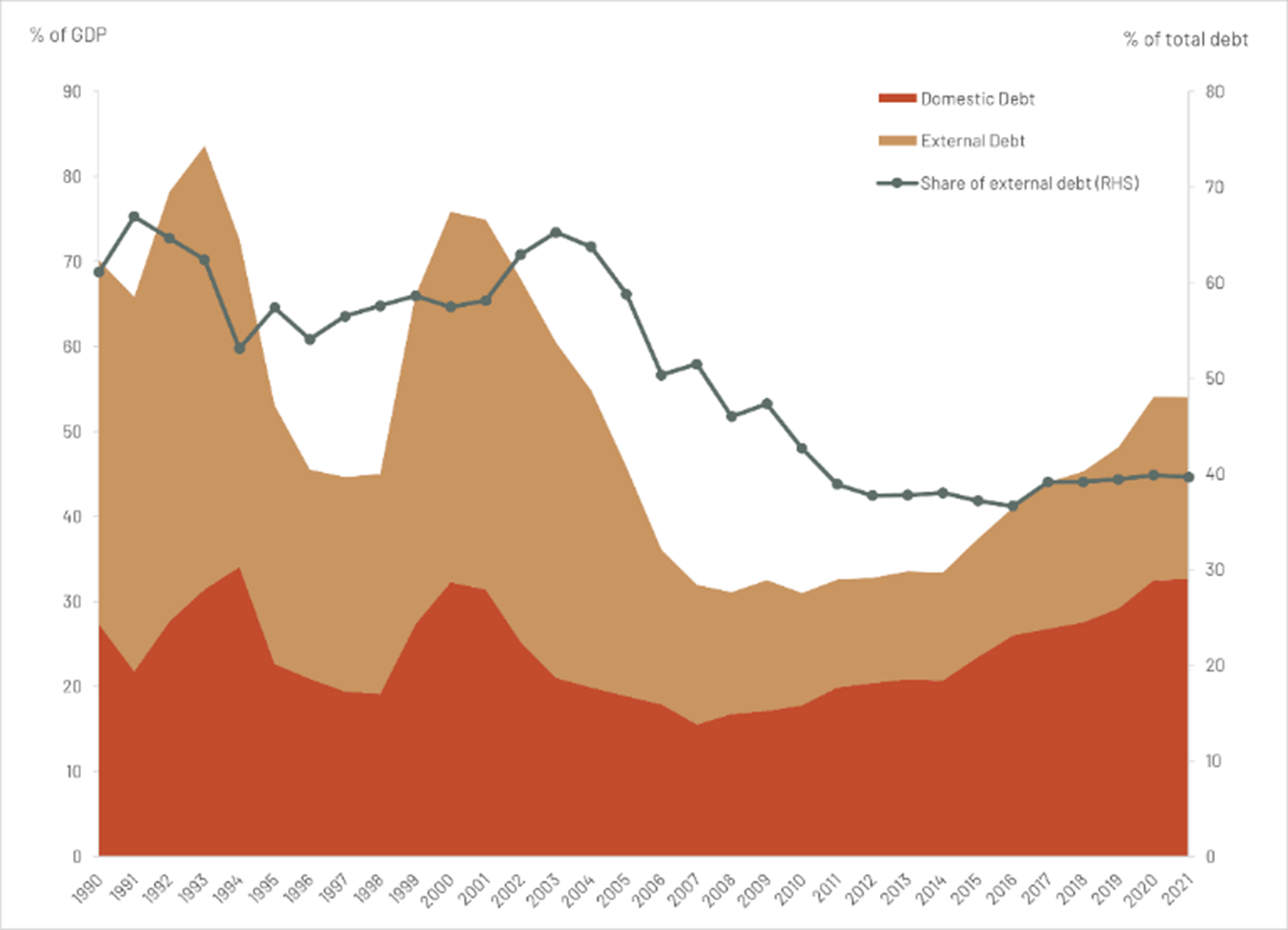Africa Update Vol. 46
Welcome to the latest edition of Africa Update! We’ve got the Ugandan grasshopper harvest, UK hypocrisy on its Rwanda policy, a long-awaited airport bridge in Sierra Leone, Ghana’s debt protests, and more.
West Africa: Ghana’s ambitious free secondary school programme significantly increased enrolment, but at the cost of students’ academic performance, since it didn’t come with funding for additional classrooms or teachers. Also in Ghana, the president has delayed signing an anti-LGBTQI+ bill out of fears of jeopardising World Bank funding. Here are seven books that will change what you know about party politics in Nigeria. What would decolonial feminist philanthropy look like in West Africa?

Central Africa: Cameroon is the first country to roll out a new vaccine against malaria at scale. This is an insightful long read on the colonial origins of the prison system in Uganda. Also in Uganda, climate change and deforestation are hitting the grasshopper harvest and depriving people of a protein-rich snack. The UK has granted asylum to Rwandan refugees with one hand, even as it argues that Rwanda is a safe environment for the massive deportation of other asylum-seekers on the other.
East Africa: Here’s a deep dive into Ethiopia’s need for access to the sea, written just before Ethiopia’s controversial agreement to recognise Somaliland in exchange for port access. “Prior to the Covid pandemic, Sudan and Somalia were together supplying 90% of the animal protein consumed in the otherwise chronically food-insecure Gulf States.” In Kenya, half-finished investments in port and road infrastructure through the northern LAPSSET corridor point to the shortcomings of regional integration.

Southern Africa: In South Africa, passenger rail service between Joburg and Cape Town was suspended just weeks after it relaunched in December. Also in South Africa, domestic workers on the SweepSouth employment platform have complained that the app’s design lets their employers force them to work extra hours without pay. El Niño may lead to a 20% fall in the maize harvest in Malawi, threatening the country’s food stability.
Energy & environment: Kenya’s electricity grid is 90% renewable, but there’s a caveat: only 15% of people use electricity for their day-to-day energy needs, and 65% still burn biomass like charcoal. Coastal communities in Senegal are planting mangroves at scale to fight erosion. Is nuclear power too expensive for East Africa? And did you know that the Sahara used to be a vibrant green savannah approximately 10,000 years ago?

Urbanisation: Residents of poor areas in Lagos are being displaced en masse to make way for new construction. This was a great reflection on local politics in Ibadan through the lens of the popular food amala. Freetown is finally building a bridge from the main airport to the capital city. In Tamale, the crumbling government-run water system forces residents to patch together water access from faith-based organisations and private companies. 10 years after Nairobi invested in thousands of CCTV cameras to fight crime, they seem to be having no effect.
Conflict: Half the population of Sudan needs food aid and over 20% are displaced after months of civil war. In Somalia, aid recipients would rather get smaller cash transfers for longer periods instead of lump sums that end quickly. Repression and ongoing conflict are undermining popular support for Burkina Faso’s military leader Ibrahim Traoré. This is an insightful long read about why the African Union has struggled to stop conflict on the continent.

Spotlight on debt: Ghana’s soaring national debt has led to significant inflation and the #OccupyBoG protests, even as the country borrows another US$600 million from the IMF to cover its costs. Kenya has been “borrowing externally for development purposes and domestically for recurrent expenditure,” resulting in domestic bond markets which are highly profitable for Kenyan banks. In better news, the Paris Club of creditors has cancelled 99% of the debt that Somalia held with them. For an Africa-wide perspective on debt trends, this summary article from Finance for Development Lab is a great place to start.
Cheers,
Rachel





